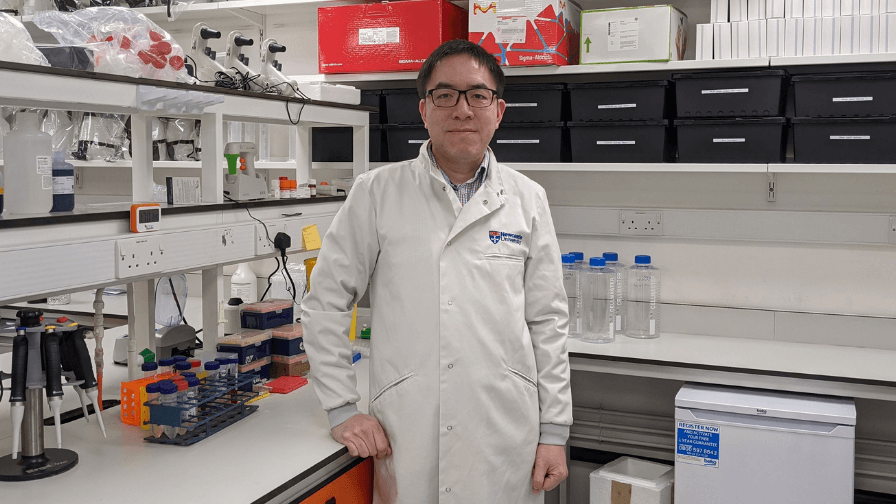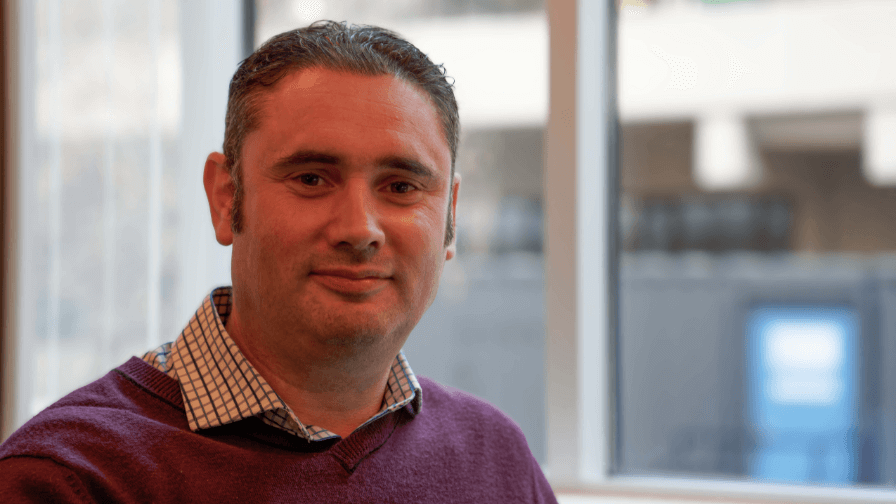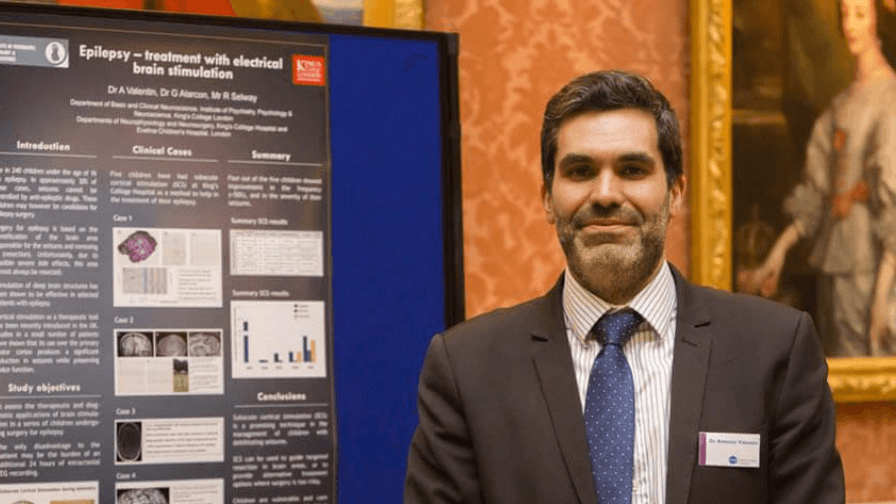Latest research

Research at Newcastle and Oxford Universities could lead to a vital new drug treatment for children affected by Pyridoxine-dependent epilepsy (PDE).
PDE is caused by a faulty gene that results in the build-up of toxic chemicals in the body. Whilst a child’s seizures are usually controlled with lifelong supplements of pyridoxine (vitamin B6), this doesn’t treat the long-term neurological symptoms that result in developmental delay and learning disabilities. But the research team, led by Professor Wyatt Yue, hope to change this. This project is jointly funded by Action and LifeArc.
If we can successfully identify a drug that can tackle the root cause of the neurological symptoms of PDE, this would greatly improve the quality of life of children affected by this debilitating condition.

At the University of Leeds, research led by Dr Jonathan Lippiat, could take us a vital step closer to developing an effective new medicine for children with severe KCNT1-related epilepsies.
Children with these epilepsies – caused by faults in the KCNT1 gene – will often experience severe seizures very early in life. They may also have developmental delay, learning difficulties, behavioural or movement problems. Sadly, many will lose their lives before adulthood. That’s why through this research, Dr Lippiat aims to identify chemical compounds that could potentially form the basis of a new treatment for these devastating disorders.
Currently there are no treatments that can adequately control seizures or improve other problems experienced by these children. Effective new treatments are desperately needed that can help to improve and extend their lives.
Research Breakthrough

At King’s College London, Dr Antonio Valentin’s research, funded by Action, helped to develop a new way to treat children whose epilepsy originates in localised areas of their brain.
The treatment involves suppressing the area, which triggers the seizures, by stimulating very specific parts of the brain using electrodes placed under the skull during surgery.
12 children have already benefited from this life-changing new technique. Dr Valentin now hopes to expand the use of this treatment to hospitals across the UK and the world to help improve the quality of life of even more children.
This research was jointly funded with Great Ormond Street Hospital Children’s Charity.

